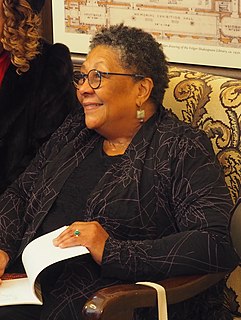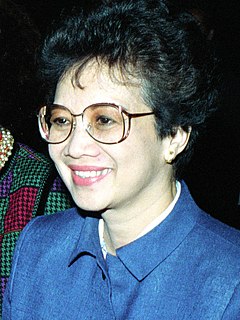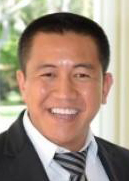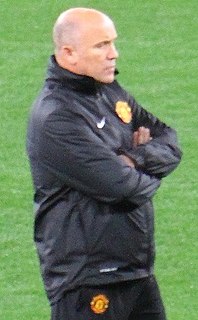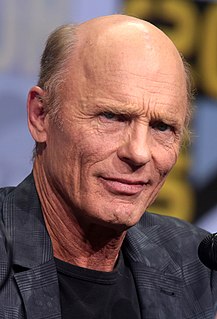A Quote by Daphne Guinness
From 1989 to 2000, I was focusing in on my children. I hadn't realized the world had changed a lot. AIDS had happened, for starters, and so many people in the arts died or were affected.
Related Quotes
What happened in the 80's was that all the men died of AIDS. That was a particularly depressing time because so many people passed away and it was a very desperate and lonely time, so I think a lot of people felt that we were somehow, unreceived. Not only by the disease but also by the public image of the disease. It really gave homophobia a real shot in the arm and changed the way people viewed gays, queers. It became an entirely different atmosphere.
I've always been an environmentalist, but my life changed the day I had children. I realized that I wasn't doing enough to protect the planet. People need nature, and of course I want my children to have the best possible opportunity in life. I also realized how important it was for me to raise them to be conscientious people that are aware of their impact on the earth.
My biggest disappointment was, of course, the coup attempts, ... The economy was proceeding very well, but in 1989 we had the most serious coup attempt and ... many of the investors who were set to come here had to tell me that they chose to go to other countries because of the uncertainty brought about by (the coup attempt.) If that had not happened, I'm sure our economy would just be booming today.
When you think of all the things that have happened, since that problem with computers in 2000 and everybody was afraid and they were buying water, imagine what Millennium would do with all the things that are going on in the world right now. It has the capacity to be a movie. But, anyway, I loved doing it. It changed my life because the guy that I was playing was so much more educated and smarter than I was, so I had to live up to it.
I had a student once come up to me and we were talking about this incident, and, of course, I never had the right thing to say. But later on, I realized I should have said: Don't write about trying to change the world, just write about a changed world or a world that's not changing. Let that do the work.
It seemed from the media that we were being told that all Haitians had AIDS. At the time, I had just come from Haiti. I was twelve years old, and the building I was living in had primarily Haitians. A lot of people got fired from their jobs. At school, sometimes in gym class, we'd be separated because teachers were worried about what would happen if we bled. So there was really this intense discrimination.
She felt a board indifference toward the immediate world around her toward other children and adults alike. She took it as a regrettable accident to be borne patiently for a while, that she happened to be imprisoned among people who were dull. She had caught a glimpse of another world and she knew it existed somewhere, the world that had created trains, bridges, telegraph wires and signal lights winking in the night. She had to wait she thought, and grow up to that world. - Dagny Taggart



